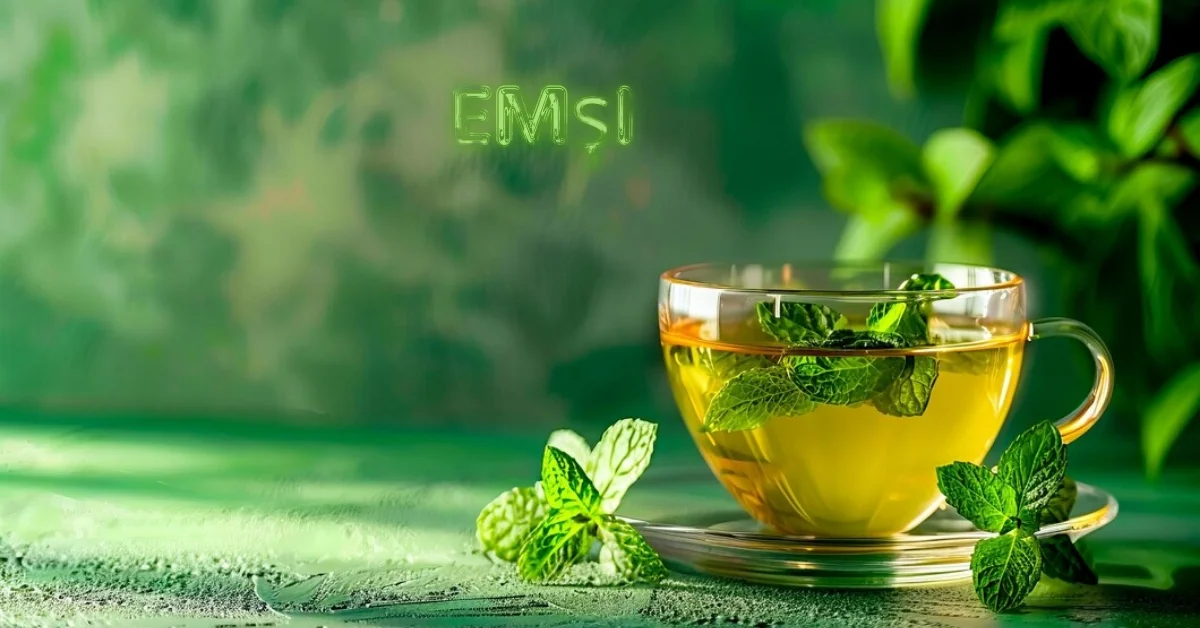
Emşi, a term rooted in the rich cultural tapestry of Turkey, refers to traditional healers who practice age-old methods of medicine and wellness. These practitioners draw on centuries of knowledge passed down through generations, blending herbal remedies, spiritual practices, and holistic approaches to health. This article explores the history, methods, and modern relevance of emşi, offering insights into how these traditional healers continue to impact communities today.
The Historical Roots of Emşi
The tradition of emşi dates back to ancient times, deeply embedded in Turkish folklore and history. Before the advent of modern medicine, communities relied on emşi for their medical needs. These healers were revered figures, often serving as the primary source of healthcare in rural and isolated areas.
Emşi practice is a fusion of various influences, including Central Asian shamanism, Islamic healing practices, and Anatolian folk medicine. This eclectic mix has given rise to a unique system of medicine that emphasizes balance, harmony, and the interconnectedness of body, mind, and spirit.
Methods and Practices of Emşi
- Herbal Medicine:
- Botanical Knowledge: Emşi practitioners possess extensive knowledge of local plants and their medicinal properties. They use herbs, roots, flowers, and seeds to create remedies for a wide range of ailments.
- Preparation and Application: Remedies are often prepared as teas, tinctures, poultices, or ointments. The preparation methods are precise, with specific dosages and combinations tailored to each patient’s needs.
- Spiritual and Energetic Healing:
- Prayers and Incantations: Spiritual healing is a core component of emşi practice. Healers often recite prayers and incantations to invoke divine intervention and protection.
- Energy Work: Similar to practices found in other cultures, such as Reiki, emşi healers use their hands to channel healing energy to the patient, aiming to restore balance and harmony.
- Physical Therapies:
- Massage and Manipulation: Emşi includes various physical therapies, such as massage and bone setting. These techniques are used to alleviate pain, improve circulation, and promote healing.
- Cupping and Bloodletting: Traditional techniques like cupping and bloodletting are employed to remove toxins and improve energy flow within the body.
- Diet and Lifestyle Guidance:
- Nutritional Advice: Emşi practitioners provide dietary recommendations based on the principles of balance and natural living. They emphasize the importance of fresh, local, and seasonal foods.
- Holistic Lifestyle: Beyond physical health, emşi also focuses on mental and emotional well-being. Practitioners offer guidance on stress management, meditation, and maintaining a positive outlook on life.
The Role of Emşi in Modern Society
Despite the advancements in modern medicine, emşi remains relevant in contemporary Turkish society. Many people continue to seek out traditional healers for their holistic approach and deep-rooted connection to cultural heritage.
- Complementary Medicine:
- Integration with Modern Healthcare: Emşi practices are increasingly recognized as complementary to modern medicine. Patients often use traditional remedies alongside conventional treatments, benefiting from a more holistic approach to health.
- Holistic Wellness Centers: Some modern wellness centers incorporate emşi methods into their offerings, providing a blend of traditional and contemporary health practices.
- Cultural Preservation:
- Heritage and Identity: Emşi is an integral part of Turkish cultural heritage. Preserving these practices helps maintain a sense of identity and continuity for communities.
- Educational Initiatives: Efforts are being made to document and teach emşi practices to younger generations, ensuring that this valuable knowledge is not lost.
- Sustainable Healthcare:
- Accessible Healthcare: In rural areas where access to modern healthcare is limited, emşi provides an affordable and accessible alternative. This is particularly important in underserved communities.
- Natural and Eco-Friendly: Emşi practices are inherently sustainable, relying on locally sourced herbs and natural methods. This aligns with growing global trends towards eco-friendly and sustainable living.
Challenges and Opportunities
- Scientific Validation:
- Research and Evidence: One of the challenges facing emşi is the need for scientific validation of its methods. Rigorous research can help bridge the gap between traditional knowledge and modern science, providing evidence-based support for its efficacy.
- Integration into Healthcare Systems: Efforts to integrate emşi into formal healthcare systems require careful consideration of safety, efficacy, and regulation. Collaboration between traditional healers and medical professionals can facilitate this process.
- Preservation and Innovation:
- Adapting to Modern Needs: While preserving traditional practices is important, emşi must also adapt to modern needs and challenges. Innovations in practice and delivery can help ensure its continued relevance.
- Education and Training: Establishing formal training programs for emşi practitioners can enhance their skills and ensure consistency in practice. This can also provide a pathway for new practitioners to enter the field.
Conclusion
Emşi represents a rich and enduring tradition of healing that continues to play a vital role in Turkish society. By blending ancient wisdom with modern approaches, emşi offers a holistic and sustainable model of healthcare. As we navigate the complexities of contemporary health challenges, the principles of emşi—balance, harmony, and interconnectedness—provide valuable insights and remind us of the enduring power of traditional knowledge. Emşi stands as a testament to the resilience and adaptability of cultural practices, offering a beacon of hope for holistic well-being in an ever-changing world.






